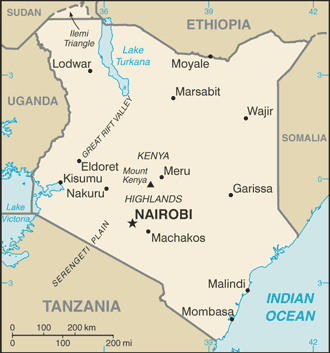The Kenyan Health Ministry has banned the prescription of HIV-Aids frontline drug Dolugravir (DTG) amid suspicions that it could be linked to birth defects among positive women.

In a memo addressed to all country health directors, Director of Medical Services Dr Jackson Kioko said pregnant and breastfeeding mothers already taking the drug can continue until they stop breastfeeding.
Dr Kioko said DTG, which was launched in Kenya last year, was never recommended for use by pregnant and breastfeeding women due to limited safety data regarding its side-effects. Under the new dispensation, all women aged between 15 and 49 will be introduced to Efavirenz, another first-line treatment drug.
In June 2017, the Kenyan government approved the use of DTG as alternative regimen for HIV patients who exhibited intolerance to Efavirenz, those who injected other drugs while on anti-retroviral therapy, new patients in any of the three categories and those unresponsive to second line ARV drugs.
Kenya dropped DTG came after the US Food and Drugs Administration and the European Medicines Agency confirmed new studies which suggest that women who take the drug at the time of conception or during the first trimester of pregnancy were at higher risk of giving birth to babies with neural tube defects.
Kenya is the third Sub-Saharan African country to stop administering DTG after Botswana and Zimbabwe. However, drug manufacturer GlaxoSmithKline (GSK) has dismissed assertions that the drug causes birth-defects. The company said there is no known mechanism linking DTG to the birth defects.
“There are no relevant findings in pre-clinical studies. Animal models are generally predictive of drug-induced birth defects and it is very unusual to see an effect in humans if no evidence is observed in animal models,” the company said in a statement.


I have used DTG as pep since 10th of January when I tested pregnancy negative, today on 25th due to increased side effects of nausea and abdominal upset I decided to do another pregnancy test and it was positive, will this affect my baby in the uterus?